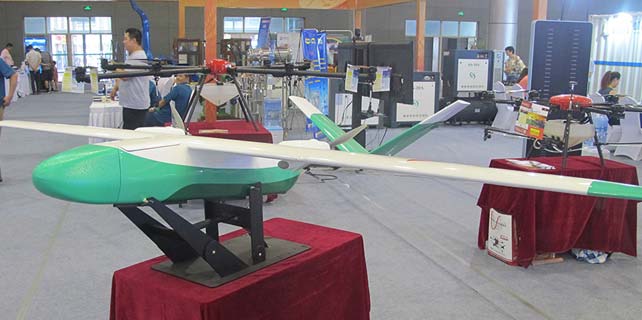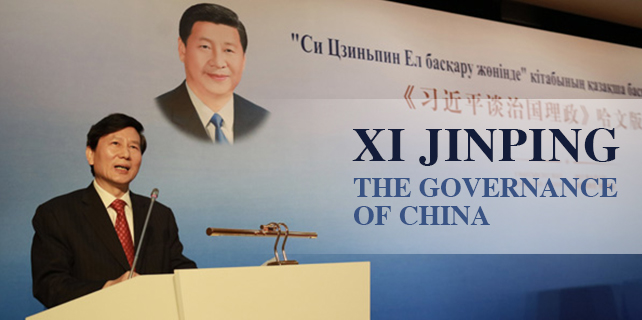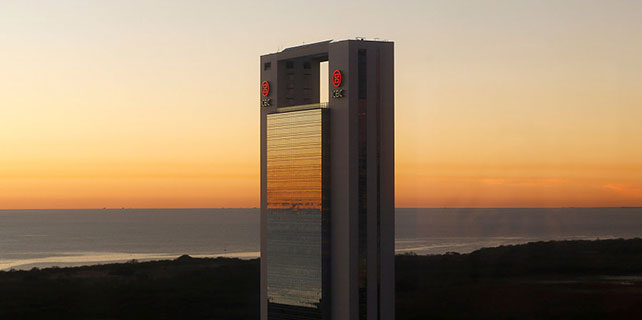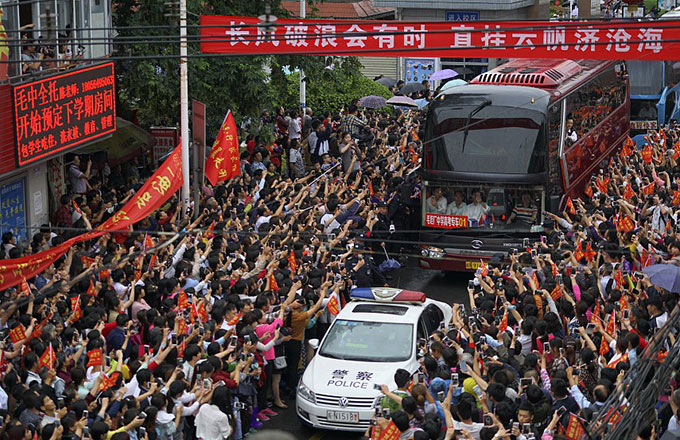Unilever eyes rich China prospects
 |
|
The logo of the Unilever group is seen at the Miko factory in Saint-Dizier, France, May 4, 2016. [Photo/Agencies] |
Unilever Plc, the global consumer goods giant, said it is bullish on the growth potential of the China market and will continue to invest in the country, and expand its sales channels in smaller cities and in western China.
Paul Polman, chief executive of Unilever, said many markets in the country still need to be developed. For example, consumption of ice cream and the frequency of the use of detergent have been growing, which showed that there is still significant market potential.
 |
|
Paul Polman, chief executive of Unilever, PLC. [Photo provided to China Daily] |
"China still has a lot of opportunities to develop itself. We have a very big and important business here. We double our business in China every five years or so, and we will continue to invest in the largest cities, while expanding in smaller cities."
The consumer goods maker said it plans to further strengthen its research and development efforts in Shanghai, one of its six global R&D centers.
"Increasingly, we are able to develop products with unique qualities that are there for the Chinese markets. We have about 200 patents here. This is a R&D center that will continue to grow," Polman said.
Last week, Unilever established its China Consumer Product Safety Collaboration Center in Shanghai. The center plans to underpin the safety and sustainability of home care, personal care and food consumer products, and work on the traceability of the supply chain, through a series of programs that encourage expertise sharing and cooperation.
The work of the center will include domestic and international stakeholders, such as safety and sustainability scientists, consumer product safety experts, regulatory affairs and environmental care experts, and supply chain and manufacturing experts.
Manfred Aben, vice-president of research and development of Unilever China, said: "Product safety is the top priority. The center will work with Chinese regulators and scientists on a variety of regulatory science areas in safety and sustainability, to develop risk-based approaches to food and cosmetic safety, for the benefit of Chinese consumers."
Unilever also signed agreements with the governments of Guizhou and Anhui provinces to advance sustainable tea development projects.
The project in Guizhou aims to scale up sustainable tea plantation in the province to 6,667 hectares by 2020.
The sustainable agriculture project, by training the farmers in soil, water and pesticide management, will help 30,000 local farmers upgrade the quality of their tea products, meet Western market standards, and thereby increase their exports and incomes.
With a share of around 20 percent of the global tea market, Unilever owns some renowned tea brands, such as Lipton, and it foresees a growing market for tea, as consumers turn to it for its health benefits. In the next few years, it will purchase more raw materials for its tea products from tea plantations in China.






















